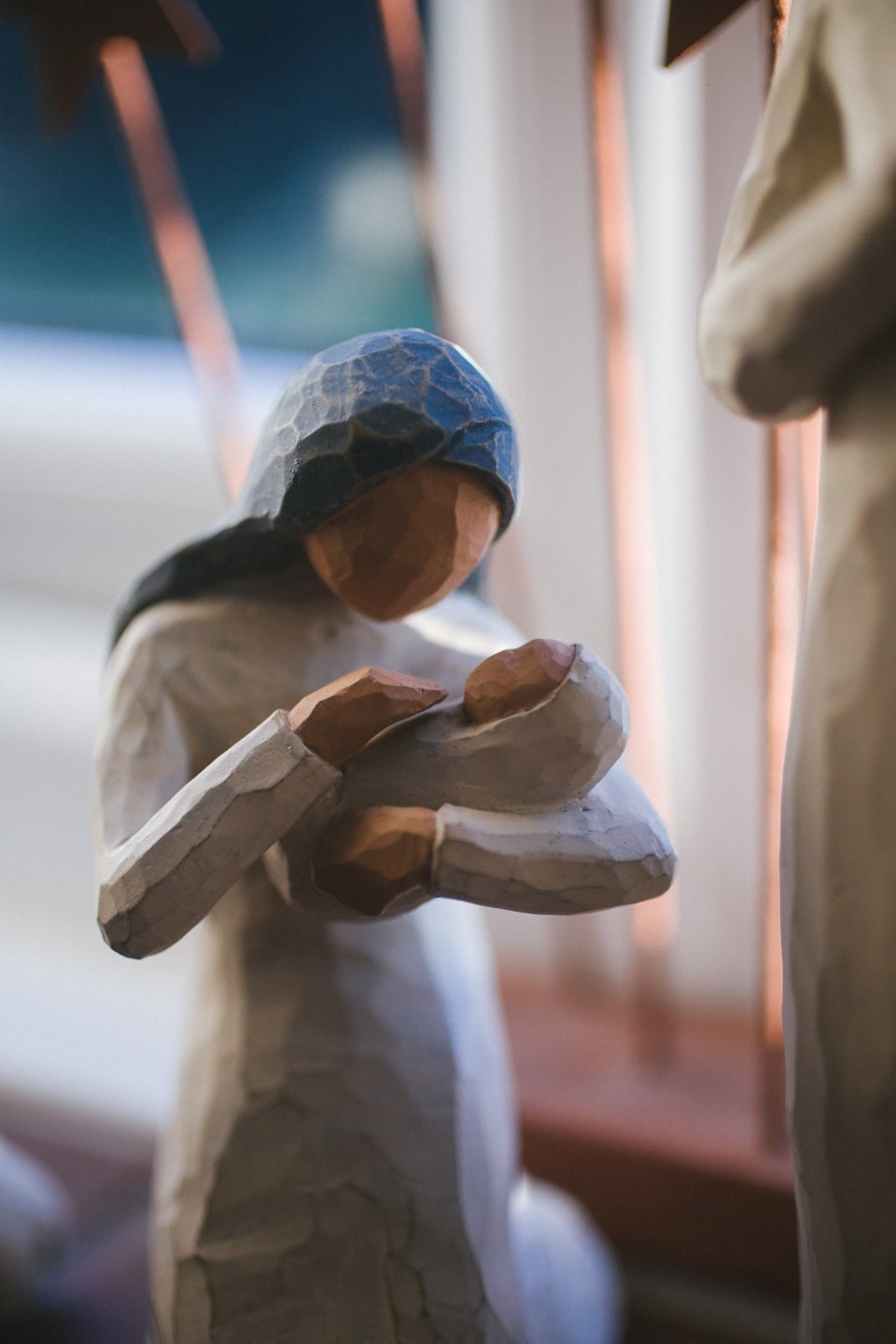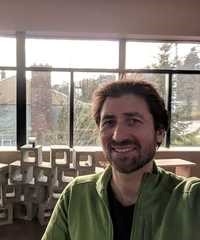 Earlier this month I had the opportunity to tour Craigdarroch Castle as part of my child’s class trip. It was a memorable experience. The history around the castle represents a staggering level of wealth and opulence in the late 19thĚýCentury. At one point on the tour we were told that Robert Dunsmuir owned approximately a quarter of the land of 91Ô´´ Island. While the Dunsmuirs have an incredible rags to riches story, I wonder what it must sound like to Indigenous people taking this tour. A vast tract of land that once was their ancestral home for generations was reduced to the real estate portfolio of a coal baron.
Earlier this month I had the opportunity to tour Craigdarroch Castle as part of my child’s class trip. It was a memorable experience. The history around the castle represents a staggering level of wealth and opulence in the late 19thĚýCentury. At one point on the tour we were told that Robert Dunsmuir owned approximately a quarter of the land of 91Ô´´ Island. While the Dunsmuirs have an incredible rags to riches story, I wonder what it must sound like to Indigenous people taking this tour. A vast tract of land that once was their ancestral home for generations was reduced to the real estate portfolio of a coal baron.
At the same time, I wonder if things have changed much since then. The land has been subdivided countless times making room for thousands more homes and settler inhabitants. We read land acknowledgements of occupying unceded territory at public gatherings across BC, while rarely is there mention of giving land back to Indigenous peoples. We live in a place of vast beauty and wealth and yet injustices continue. We do not have to look hard to find neighbours living on the streets, denied basic necessities of food, shelter, and access to adequate healthcare. These images are in stark contrast to the nostalgic images of unwrapping presents around a Christmas tree.
This time of year, as some of us prepare for Christmas I am reminded of a prophetic text attributed to Mary in the Gospel of Luke. She foreshadows a time in this life of divine reversal:Ěý
“You have shown strength with your arm and scattered the proud in their conceit, casting down the mighty from their thrones and lifting up the lowly. You have filled the hungry with good things and sent the rich away empty.”Ěý
This text, known as the , is sung at countless Christmas concerts this time of year, including Handel’sĚýMessiah. Often the beauty of the music conceals the revolutionary nature of the text. And yet Mary’s poem is undeniably one of flipping the world on its head. It challenges us to imagine a world in which roles are reversed. In which people on the margins today will be the ones living a comfortable life tomorrow, while those of us with greater privilege now will be the ones finding our fortunes reversed.
In many ways the Magnificat reveals Mary as an early disrupter of injustice with a divine calling. An unwed teenage mother giving birth to a child out of wedlock, Mary and Joseph finding themselves homeless together with a newborn. They raise a son who will upset the established political order. The same child as he matures is later declared a public enemy, executed by the state.Ěý
Consider how often the church has overlooked its own Christmas story. How Indigenous leaders like Louis Riel came to bring liberation to their people and were met with a similar fate as Mary’s child. How often we respond with fear and violence when someone brings a message of correcting injustices, feeding the hungry, lifting up the poor.
Whatever our respective traditions might be, let us hear the words of Mary, calling us to disrupt patriarchy, inequality, and the hoarding of wealth at the expense of the common good. What are ways we can already embody love in concrete ways? Together we can make a better world here in Victoria and beyond.
 Lyndon Sayers is co-pastor at Lutheran Church of the Cross in Victoria.Ěý
Lyndon Sayers is co-pastor at Lutheran Church of the Cross in Victoria.Ěý
You can read more articles on our interfaith blog, Spiritually Speaking
*This article was published in the print edition of the Times Colonoist on Saturday, December 22nd 2019
Photo byĚýĚý´Ç˛ÔĚý
Ěý
Ěý


